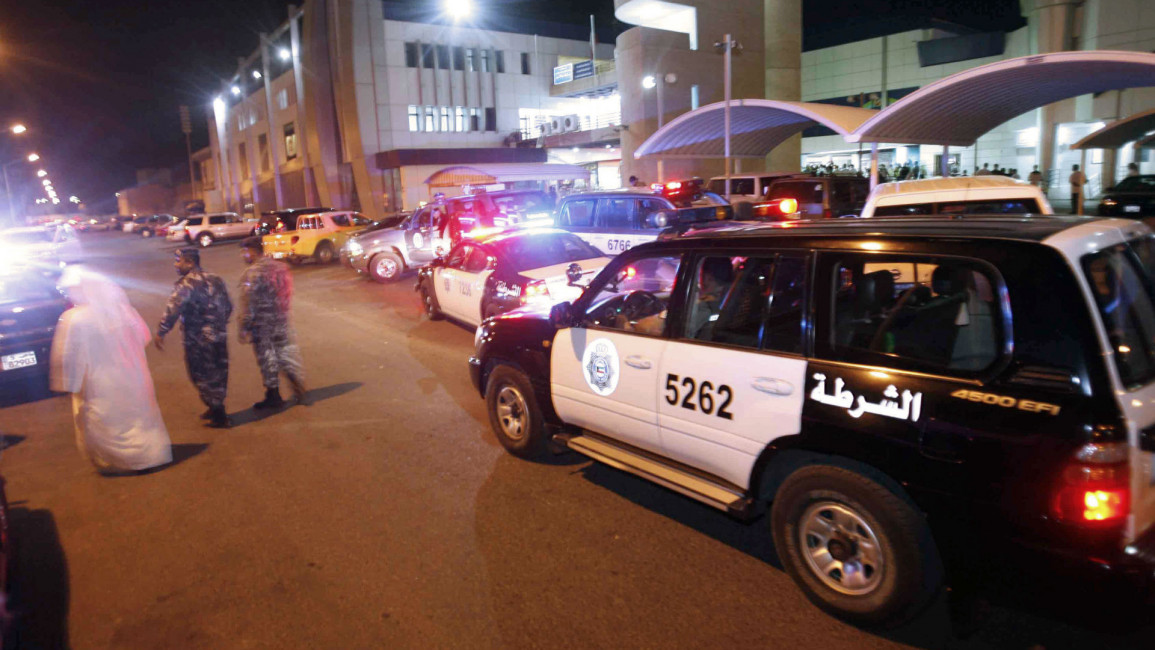Six detained over 'vote-buying' suspicions in Kuwait ahead of parliamentary elections
At least six people have been arrested by Kuwaiti authorities over suspected vote buying just weeks ahead of a planned parliamentary election, local media reported.
Six people, including three women, were detained on Saturday for their alleged involvement in buying votes in favour of a candidate, the Al Jarida newspaper said.
Two of the suspects were delegates of a candidate and six were arrested in a house in the capital city.
"Investigations with them are still underway," the daily cited a security source as saying.
"The buying process, conducted via bank links, is documented in audio and visual records."
Last month, Kuwait announced it would hold a parliamentary election on 29 September, after the Gulf state's crown prince moved to dissolve parliament in a bid to resolve a political standoff between the government and the elected legislature.
Crown Prince Sheikh Meshal al-Ahmad al-Sabah, who has taken on most of the ruling emir's duties, issued a decree calling on voters to elect a new 50-seat assembly on 29 September, KUNA said.
New districts will be added to the electoral circumscriptions, the decree showed.
Sheikh Meshal dissolved parliament in August saying domestic politics were being "torn by disagreement and personal interests" to the detriment of the oil giant's interests.
He made the move following a protest held by more than a dozen MPs inside parliament pressing the crown prince to appoint a new government.
The standoff with the cabinet has delayed the approval of a state budget for the fiscal year 2022/2023 and other economic reforms.
The budget, which has to be voted on before November, had set spending at 23.65 billion dinars ($77.2 billion) compared with 23.48 billion for the 2021/2022 budget.
Political stability in Kuwait has traditionally depended on cooperation between the government and parliament, the Gulf region's most lively legislature.
Kuwait bans political parties but has given its legislature more influence than in other Gulf monarchies. Stalemates between Kuwait's government and parliament have often led to cabinet reshuffles and dissolutions of the legislature over the decades, hampering investment and reforms. The last time parliament was dissolved was in 2016.


![Minnesota Tim Walz is working to court Muslim voters. [Getty]](/sites/default/files/styles/image_684x385/public/2169747529.jpeg?h=a5f2f23a&itok=b63Wif2V)




![Debris near Rafic Hariri International Airport [Getty]](/sites/default/files/styles/image_212x120/public/2176162423.jpeg?h=a5f2f23a&itok=XLiO6WHk)
![An Israeli air strike on Jabalia killed teenage journalist Hassan Hamad [Screengrab/X]](/sites/default/files/styles/image_330x185/public/2024-10/hassan%20hamad1.jpg?h=c12e0b96&itok=Rd_dyCVp)
